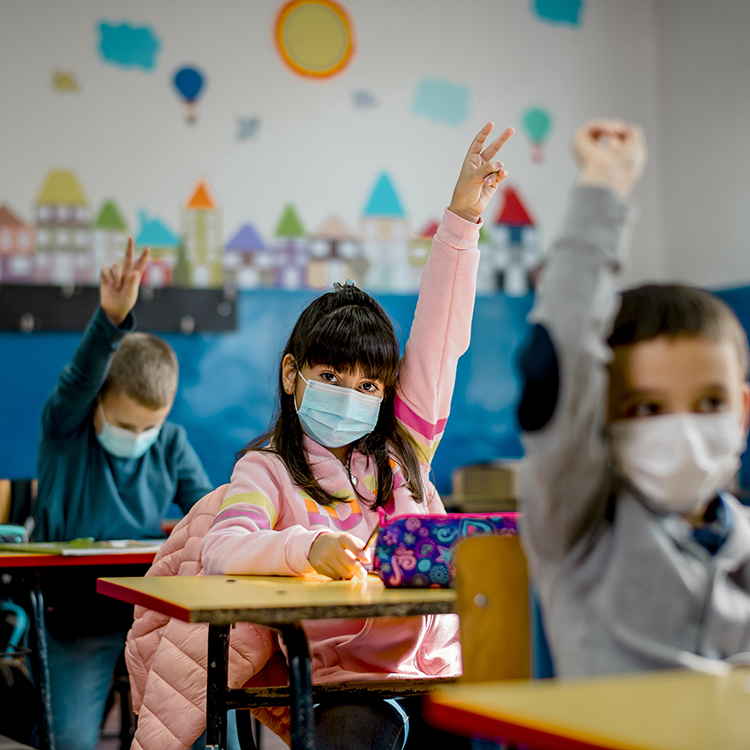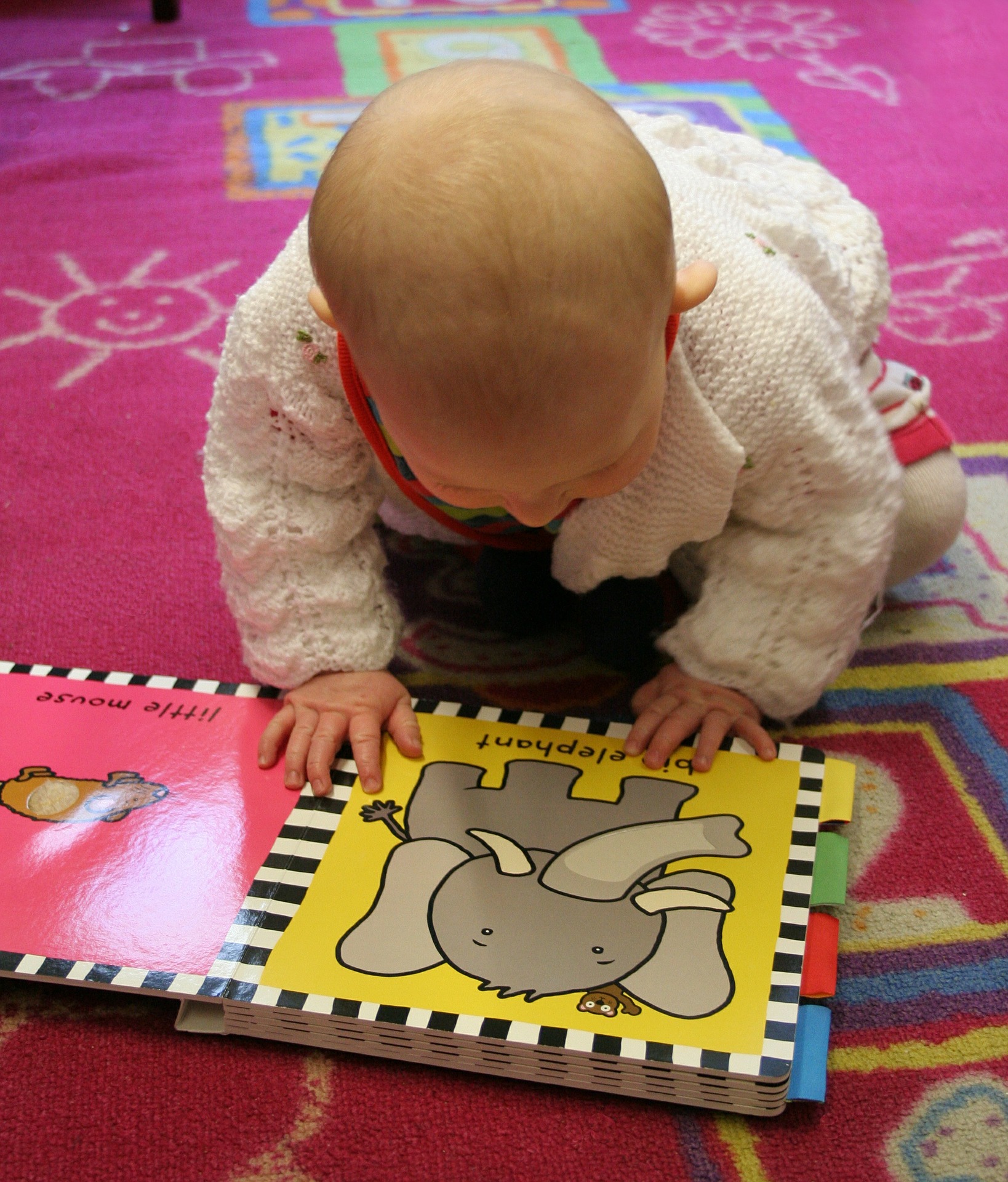Search
Research
Implications of providing wrist-hand orthoses for children with cerebral palsy: evidence from a randomised controlled trialTo investigate the effects of providing rigid wrist-hand orthoses plus usual multidisciplinary care, on reducing hand impairments in children with cerebral palsy.
Research
Not in employment, education or training (NEET); more than a youth policy issueAustralians who are Not in Employment, Education or Training (NEET) and receive income support span a wide spectrum of working ages. Australian research has concentrated on NEETs aged 15-29 years, in line with international standards. This paper investigates extending the NEET concept to include all working age persons 15-64 years and the value added to welfare policy through analysis of a new linked dataset.
Research
Leading excellence through equity: Social emotional learning for a Fair GoAustralia likes to call itself the land of the "Fair Go". But what does a Fair Go mean for students from backgrounds of deep disadvantage? The UN Sustainable Development Goals for 2030 aim to ensure "inclusive and equitable quality education and [to promote] lifelong learning opportunities for all" (United Nations, 2015).
Research
Higher ultraviolet radiation during early life is associated with lower risk of childhood type 1 diabetes among boysPopulation-level ecological studies show type 1 diabetes incidence is inversely correlated with ambient ultraviolet radiation (UVR) levels. We conducted a nested case–control study using administrative datasets to test this association at the individual level.
Research
Outcomes following a behaviour change intervention within hospitals to improve birth registrations and hospital utilisation for Aboriginal and/or Torres Strait Islander infantsThe primary objective was to determine whether a behaviour change intervention delivered to hospital staff would (1) improve the proportion of Aboriginal and/or Torres Strait Islander (Aboriginal) babies being registered and (2) reduce hospital admissions and emergency presentations for babies <6 months old. The secondary objective was an observational analysis to determine factors that might influence the proportion of registered Aboriginal births in Western Australia.
Research
Marked Variation in Paediatric Problematic Severe Asthma Services Across Australia and New ZealandAsthma affects > 10% of children in Australia and New Zealand (NZ), with up to 5% of those having severe disease, presenting a management challenge. We aimed to survey tertiary paediatric respiratory services across Australia and NZ using a custom-designed questionnaire, to conduct a cross-sectional observational study of the numbers of children with problematic severe asthma seen, the number treated with biologic therapy, outpatient clinic/multidisciplinary team services available, investigations and tools routinely used and approaches utilised for transition to adult care.
Research
Prevalence of youth type 2 diabetes in global Indigenous populations: a systematic reviewWe aimed to synthesise global prevalence estimates of type 2 diabetes among Indigenous youth aged under 25 years, and examine age- and gender-specific differences and secular trends.
Research
Understanding motivation and experience in participating in a paediatric SARS-CoV-2 serosurvey, in AustraliaSerosurveys are considered as a valuable tool in estimating population immunity and infection rates but recruitment of children to provide paediatric estimates can be challenging. A novel approach of sampling children undergoing anaesthesia was utilised for a SARS-CoV-2 serosurvey in Australian children and we explore the reasons for participation, feedback on the approach and importance of research into Coronavirus Diseases 2019 (COVID-19).

The Kids Research Institute Australia answers all of your questions about vaccines and children

Research
MeaslesMeasles is a highly contagious infectious disease that can cause severe, long-term complications in children.
